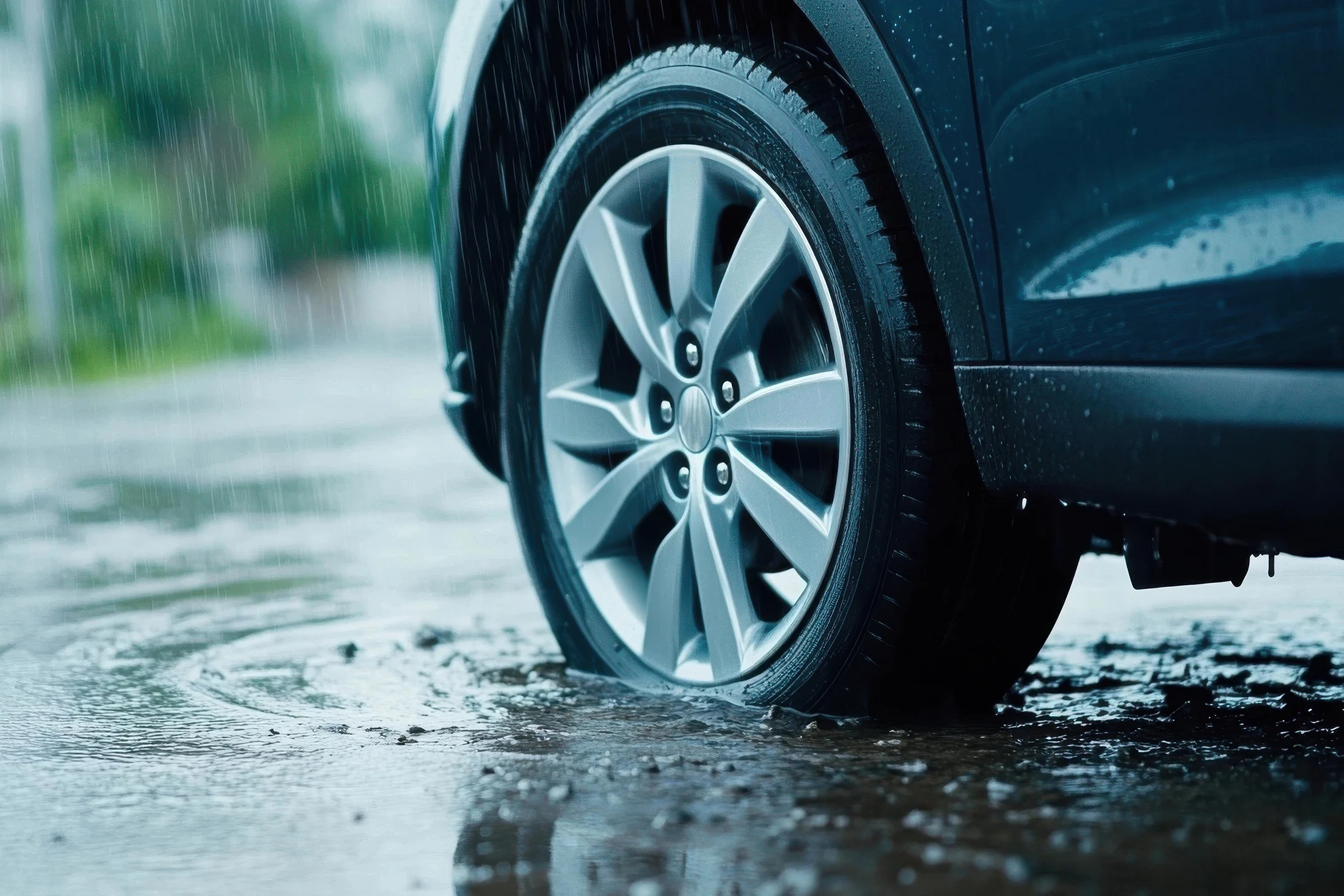Snow Removal Reminders
Think Twice About Waiting to Shovel Snow
Jan. 21, 2016, Pittsburgh, PA—You know the drill: If there's snow out, then shovels and salt are out, too.
For many of us, we shovel and salt simply so that we can get up our driveways, or so that we don't have an issue leaving for work. If you're not planning on leaving your home the day after a snowstorm, you might decide that the snow on your sidewalk can wait. But you might want to think twice.
Property owners and even some renters should be aware that convenience isn't that only reason they need to clear their properties of snow and ice—it's also the law. The law firm of Edgar Snyder & Associates is offering information on clearing snow and ice that property owners need to know.
If you own a property, you are required to keep it safe for any guests or passersby. By clearing snow and ice from any walkways, you're protecting yourself from premises liability, and you're protecting someone from being seriously injured on your property.
If you own your home, you're responsible for anyone who enters your property—that even includes trespassers. Snow and ice covering walkways puts guests at risk for slipping and falling. If someone falls and is hurt on your property, it's your homeowner's insurance that will have to pay their medical bills.
The same is true for business owners. In the same way that you can't have a wet floor inside a business, you can't have unsafe conditions in parking lots and walkways to your business.
As for those who rent their properties, it can be a little more complicated. Generally, maintaining parking lots, sidewalks, and walkways is the responsibility of landlords and property managers, but it's very important that you check your lease. For example, if you rent an apartment, typically a property manager will handle snow and ice removal in a timely manner. Say, however, you rent a house—chances are that shoveling is your own responsibility.
Municipalities all have different snow removal rules, but you should generally aim to remove snow and ice very shortly after the snowfall stops. For example, in the city of Pittsburgh, you are required to clear snow from sidewalks and walkways within 24 hours. But even then, if you had a reasonable amount of time to remove snow within the 24-hour window but chose not to use it, you could still be liable for any injuries.
But remember, the reverse can also happen.
In the case that you slip, fall, and are hurt on someone else's property, you have legal rights. Because property owners have responsibilities to clear snow and ice from their walkways, they could be held accountable for your injury.
"Sometimes our clients feel a little embarrassed that they fell, especially if it's at a friend's house. They don't want to take legal action," says Attorney Edgar Snyder. "But remember, you're not suing your friend, or any other individual—you're just seeking compensation from the homeowner's insurance."
If you are involved in a slip and fall accident caused by unsafe property conditions, get medical help before all else. This way, you'll have documented proof of your injury. Also be sure to report it to the owner of the property—remember, this could be a landlord, not necessarily a tenant. Ask for a report of the accident, and keep a copy of it. Get as much information as you can, including photos of where you fell; names and phone numbers of any witnesses; and documentation of the date, time, and circumstances of your fall. If you're considering legal action, contact an attorney, and keep the shoes and clothing you were wearing in case they're needed as evidence.
Edgar Snyder & Associates offers many winter premises liability resources to guide property owners and renters as well as those hurt in slip and fall accidents. Visit EdgarSnyder.com for more seasonal safety information.
Edgar Snyder & Associates is a law firm representing injury victims and people with disabilities, with offices in Altoona, Ebensburg, Erie, Johnstown, and Pittsburgh.
.svg)





.webp)